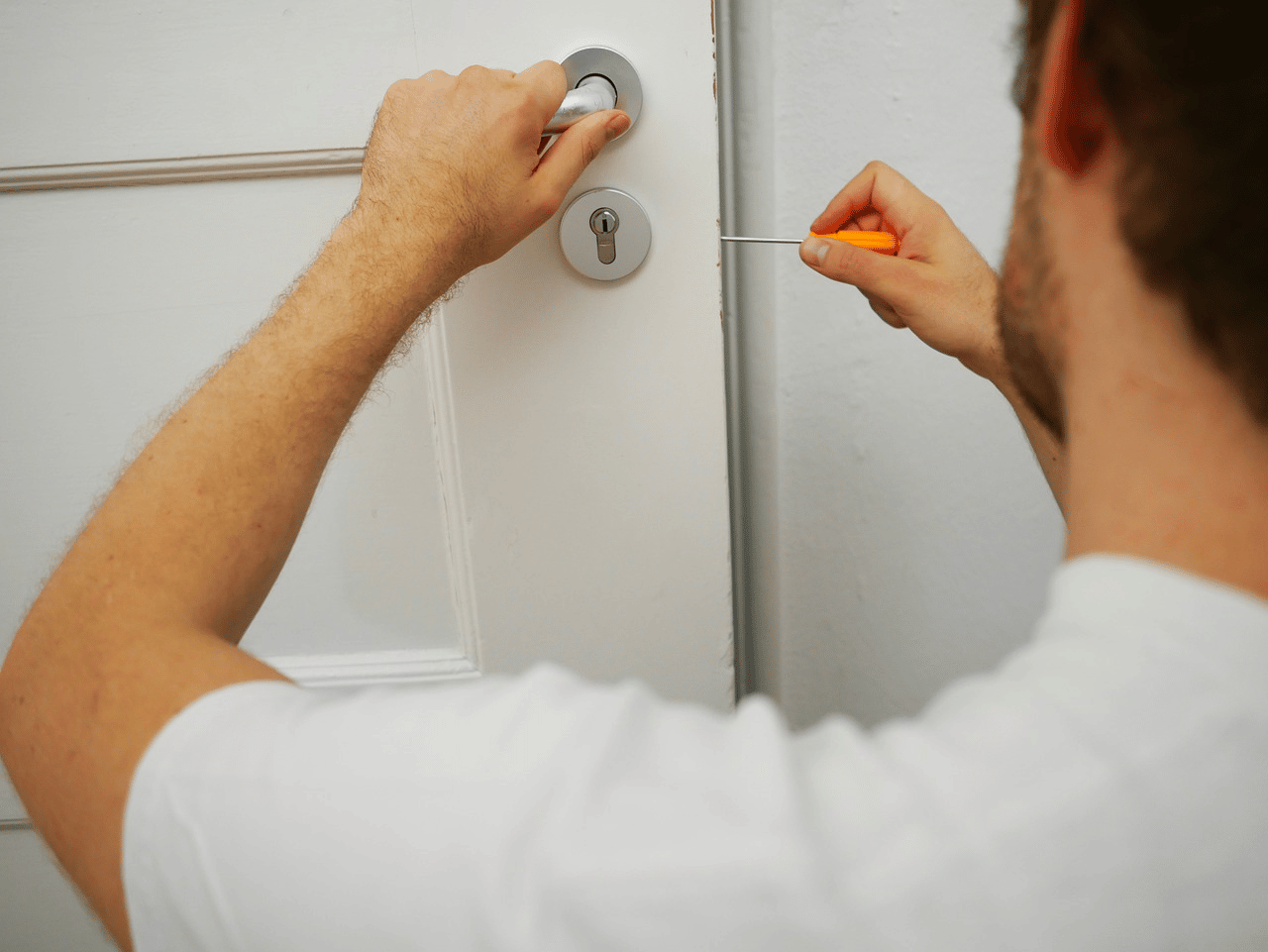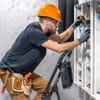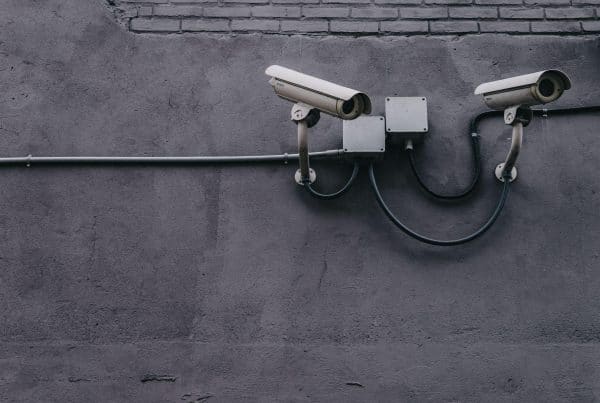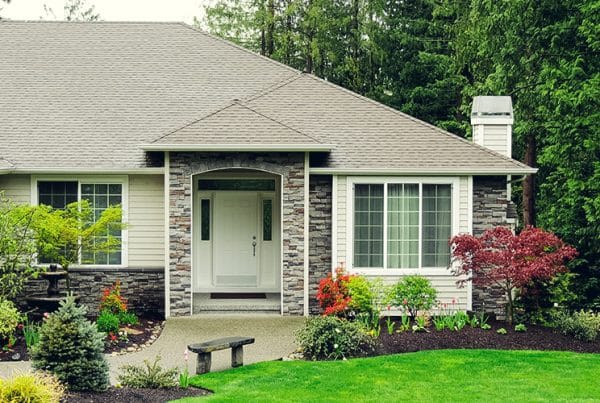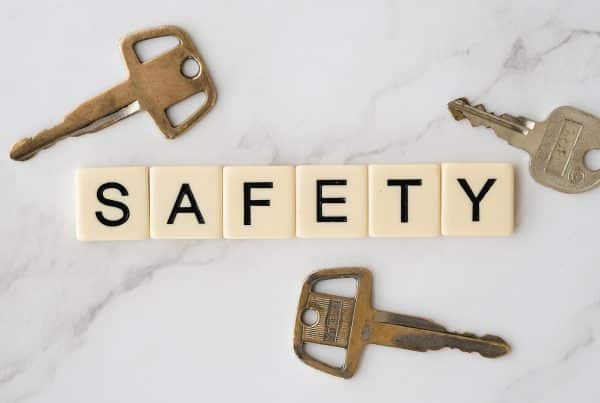Safety and security is not an issue to be taken lightly. It’s an area that requires the individual to have technical proficiency of the highest order. When it comes to residential locksmiths, here are a few areas they need to master.
Not all of them are mandatory, but when they are not, those skills are meant to help career growth.
Knowledge of Door Hardware
Door hardware or furniture is essentially anything that goes on the door. Most of the same components are used for drawers as well. So, this is kind of a two-in-one. Typically, these components are used to improve the system that makes the door or drawer functional.
Now, this improvement could be functional or just for a good look. So, you can count items like knockers, hinges, doorknobs and such as door hardware. But doors also have locks which is why you need a locksmith to know their functionalities like the back of their hands.
A residential locksmith should have these skills for the following purposes:
- Install and fix the hardware as and when the need arises. This includes pneumatic and electronic fixtures to close the door, including its frame for any package of door hardware.
- The repair skills must extend to old doors, blast doors (often commercial, but couldn’t hurt to know how to operate them) and vaults in high-security environments.
- They should be capable of installing the hardware typically used for homes and cars. This includes the ability to repair locks and make keys – more info can be found here: Keys made near me.
- The ability to install, repair and service slot machine locks and devices that work with a card is also a requirement. While this is typically for commercial locksmiths, some homes have systems that use cards.
Performing Emergency Services
The ability to provide emergency services isn’t limited to any one type of locksmith. Emergency situations can be a wealth or health risk. For instance, when the situation can lead to health risks like a heart attack, it’s an emergency. Locksmiths should also know how to handle damage in the aftermath of natural disasters like earthquakes.
Handling the damage after a natural disaster is not limited to a single type of locksmith either. So, every locksmith, residential ones included, should know how to intervene and avoid these kinds of dangers.
It allows a residential locksmith to do the following.
- Lock picking can be an emergency or not. And it requires the same skillset but emergency locksmiths have an edge here. This skill includes knowing about combinations of locks and keys.
- Customers can ask for emergency services on the roadside and they look for those individuals who can get the job done on time and professionally.
- Locksmiths should be able to talk to their clients and solve their problems effectively. This is applicable to residential locksmiths and others as well.
- Offering emergency unlocking services makes it easy to expand to automobiles and commercial buildings as well.
Good with Hand Tools
Residential locksmiths deal with relatively simpler locks. While there are machine tools to be used, a lot of the locking systems are operated with hand tools. A residential locksmith is required to be proficient in using hand tools so that they can do the following jobs.
- Key-cutting machinery and hand tools are often used to unlock homes and cars. They are also useful in installing alarm systems.
- Being familiar with hand tools is also useful when the locksmith has to drill through a lock to get access.
- Using power saws, grinders and sanders come under the ability to operate a whole wide range of equipment in the residential circuit.
- Hand tools are also used to replace old springs and tumblers. This can be used for homes, automobiles and graduates to commercial systems as well.
Troubleshooting Expertise
If you didn’t know it already, troubleshooting is the word used to analyze and fix a problem in a machine or a system. It requires a detailed understanding of the machine or the system one needs to deal with. But it also means the locksmith should be able to do this quickly in order to be effective.
When a residential locksmith gets good at troubleshooting, they will be able to do the following.
- Work on locks that are used in university dorms, electronic systems and replace different components as well as batteries in these systems.
- They will also be able to install and repair access control of computer-managed systems, program prox cards and analyze audits so as to recognize damage or theft.
- The ability to install, service and repair master key systems for residential systems is a great asset. It is of great use when one is looking to graduate to commercial and industrial systems.
- Identifying and troubleshooting complaints filed by building managers.
- Service and troubleshoot systems that use key cards.
Final Thoughts
These are just the basics of being a good residential locksmith. There are many other skills, like customer service, one could attain to be more competitive. That depends on the individual’s interest. Most of these, however, are pretty much expected no matter where you work.

